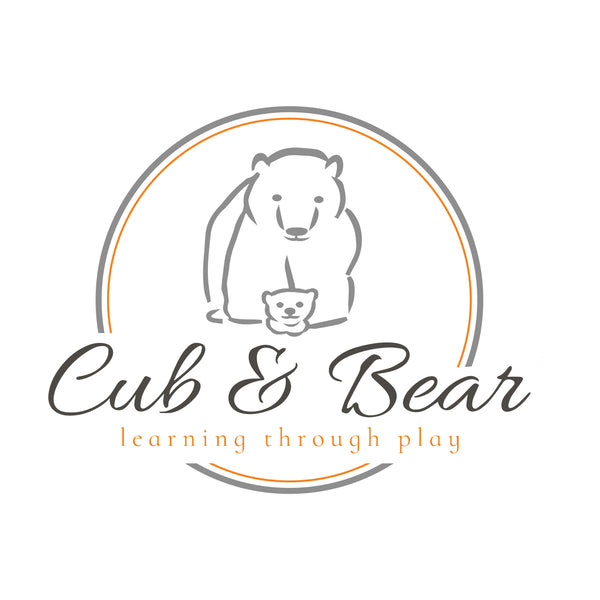As school-aged children continue to grow and learn, sensory play remains a valuable tool for enhancing their cognitive, social, and emotional development. Through hands-on experiences and sensory exploration, children can deepen their understanding of the world around them, engage their senses, and make meaningful connections with academic concepts. In this blog post, we'll delve into the world of sensory play for school-aged children, sharing ideas and tips for enhancing learning through hands-on experiences.
The Benefits of Sensory Play for School-Aged Children:
Sensory play continues to play a crucial role in school-aged children's development, providing them with opportunities to engage their senses, stimulate curiosity, and make discoveries about the world. Hands-on sensory experiences support cognitive development by encouraging problem-solving, critical thinking, and scientific inquiry. Sensory play also promotes social and emotional development as children collaborate, communicate, and negotiate with peers during sensory exploration activities. Furthermore, sensory play fosters creativity, imagination, and self-expression, allowing children to express themselves in unique and meaningful ways.
Sensory Play Ideas for School-Aged Children:
Sensory Science Experiments:
- Engage school-aged children in hands-on science experiments that stimulate their senses and foster scientific inquiry.
- Explore concepts such as buoyancy, density, and chemical reactions through sensory experiments with water, baking soda, vinegar, and other household materials.
Sensory Storytelling:
- Bring stories to life through sensory storytelling experiences that engage multiple senses.
- Use props, music, and sensory materials to enhance storytelling sessions and immerse children in imaginative worlds and narrative adventures.
Sensory Gardening:
- Create sensory gardens where school-aged children can explore different textures, scents, and colours through hands-on gardening activities.
- Plant a variety of herbs, flowers, and vegetables that appeal to the senses and encourage children to observe, touch, and smell the plants as they grow.
Sensory Exploration with Found Objects:
- Encourage school-aged children to go on sensory scavenger hunts to collect found objects from their environment.
- Provide opportunities for children to examine, classify, and manipulate found objects based on their sensory properties, such as texture, weight, and shape.
Tips for Incorporating Learning Objectives
- Align sensory play activities with curriculum concepts and learning objectives to reinforce academic learning and skill development.
- Integrate literacy, numeracy, and scientific inquiry into sensory play experiences through structured explorations and guided investigations.
- Provide opportunities for children to document their sensory observations and discoveries through drawings, journaling, or multimedia presentations.
Fostering Peer Collaboration and Social Interaction
- Encourage group sensory play experiences that promote peer collaboration, communication, and teamwork.
- Provide opportunities for children to share their sensory discoveries, compare observations, and collaborate on sensory projects and experiments.
- Emphasize the importance of respectful communication, active listening, and cooperation during group sensory play activities.
Sensory play continues to be a valuable tool for enhancing learning, fostering creativity, and promoting social interaction among school-aged children. By providing opportunities for hands-on sensory exploration and incorporating learning objectives into sensory play activities, parents and educators can support children's academic development and holistic growth. Let's continue to embrace sensory play as a means of enriching children's learning experiences and nurturing their curiosity, creativity, and collaboration skills beyond the classroom.

